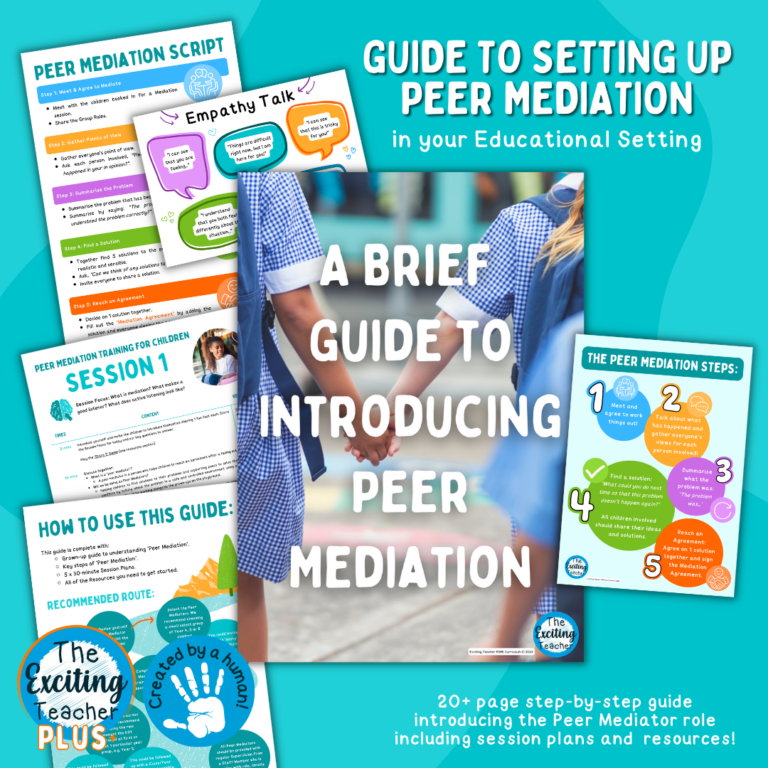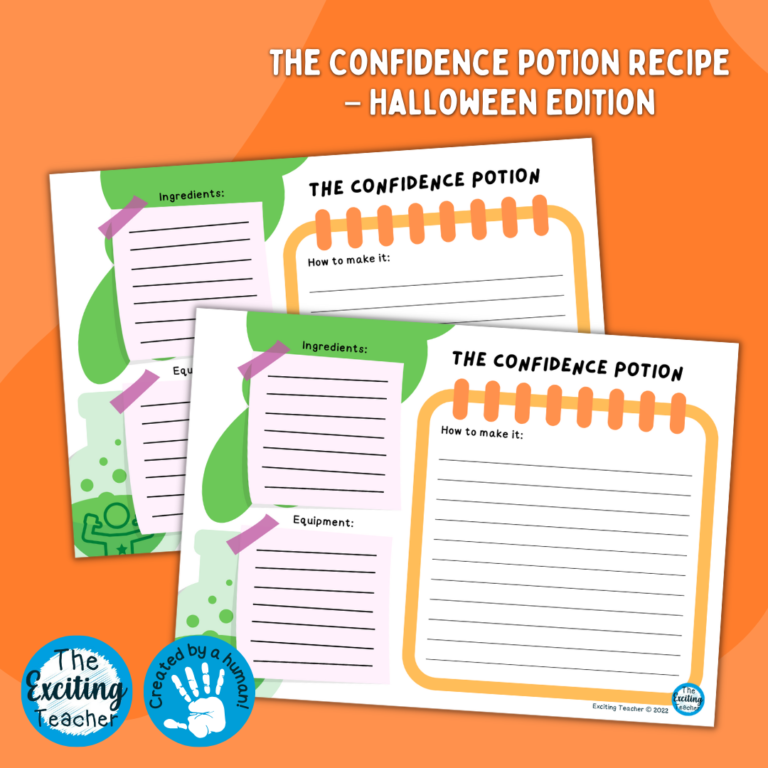'Unhelpful Thinking Traps' Friendly-Monsters Bingo Game for Children

This Bingo Game helps children to identify and understand unhelpful thinking traps.
Children are invited to explore their various thoughts and worries before deciding which unhelpful thinking trap they fall into, whilst also playing a lively game of bingo!
This is a complete resource pack, only additional materials needed are a pair of scissors and gluestick to create the dice.
This pack includes our friendly group of Unhelpful Thinking Trap Monsters, all of which all their very own trap that they like to fall into, such as being self-critical, mind-reading, catastrophising or jumping to conclusions!
How can this resource be used?
- To support children 1:1 in therapy sessions, such as CBT sessions, such as Cognitive Restructuring sessions.
- To normalise talking about worries and ways of coping with them.
- To explore different Unhelpful Thinking Traps that we might fall into.
Relevant Curriculum Links
England PSHE Statutory Curriculum Strands:
KS1:
- H11. about different feelings that humans can experience.
- H12. how to recognise and name different feelings.
- H13. how feelings can affect people’s bodies and how they behave.
- H15. to recognise that not everyone feels the same at the same time, or feels the same about the same things.
- H18. different things they can do to manage big feelings, to help calm themselves down and/or change their mood when they don’t feel good.
- H19. to recognise when they need help with feelings; that it is important to ask for help with feelings; and how to ask for it.
KS2:
- H18. about everyday things that affect feelings and the importance of expressing feelings.
- H20. strategies to respond to feelings, including intense or conflicting feelings; how to manage and respond to feelings appropriately and proportionately in different situations.
- H21. to recognise warning signs about mental health and wellbeing and how to seek support for themselves and others.
- H22. to recognise that anyone can experience mental ill health; that most difficulties can be resolved with help and support; and that it is important to discuss feelings with a trusted adult.
Scottish Health and Wellbeing Curriculum Outcome(s):
Mental and Emotional Wellbeing:
- I am aware of and able to express my feelings and am developing the ability to talk about them. HWB 0-01a / HWB 1-01a / HWB 2-01a / HWB 3-01a / HWB 4-01a.
- I know that we all experience a variety of thoughts and emotions that affect how we feel and behave and I am learning ways of managing them. HWB 0-02a / HWB 1-02a / HWB 2-02a / HWB 3-02a / HWB 4-02a.
- I understand that my feelings and reactions can change depending upon what is happening within and around me. This helps me to understand my own behaviour and the way others behave. HWB 0-04a / HWB 1-04a / HWB 2-04a / HWB 3-04a / HWB 4-04a.
- I understand the importance of mental wellbeing and that this can be fostered and strengthened through personal coping skills and positive relationships. I know that it is not always possible to enjoy good mental health and that if this happens there is support available. HWB 0-06a / HWB 1-06a / HWB 2-06a / HWB 3-06a / HWB 4-06a.
Share the Love:
Facebook
Twitter
Pinterest
WhatsApp
Email
Print
Threads
Request a Resource:
Tagged Emotional Literacy, Emotional Regulation, Essential, Games and Challenges, HWB 0-01a / HWB 1-01a / HWB 2-01a / HWB 3-01a / HWB 4-01a, HWB 0-02a / HWB 1-02a / HWB 2-02a / HWB 3-02a / HWB 4-02a, HWB 0-04a / HWB 1-04a / HWB 2-04a / HWB 3-04a / HWB 4-04a, HWB 0-06a / HWB 1-06a / HWB 2-06a / HWB 3-06a / HWB 4-06a, KS1, KS1H11, KS1H12, KS1H13, KS1H15, KS1H18, KS1H19, KS2, KS2H16, KS2H18, KS2H20, KS2H21, KS2H22, KS2L5, Plus, SEND, Unhelpful & Helpful Thinking



